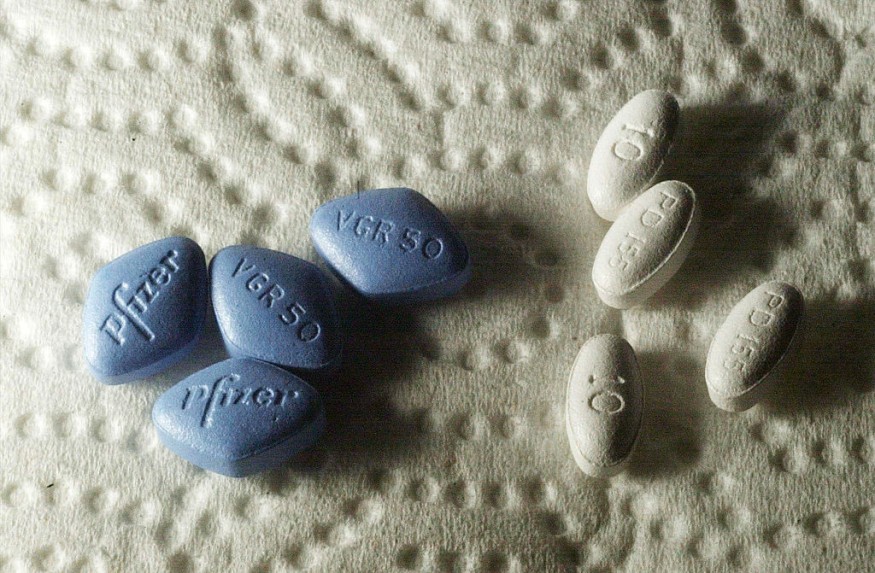A new study involving mice subjects found that a treatment commonly relayed to patients with erectile dysfunction was found to have properties that complicate abdominal aortic aneurysms. The specified drug is sildenafil, which is suspected of having the same side effects when taken by people. The paper is peer-reviewed and was presented in the journal of the American Heart Association.
What is Sildenafil?

Sildenafil is a type of drug that works on treatments for pulmonary hypertension. Alongside its main function, the medication is generally prescribed by experts to patients experiencing erectile dysfunction.
The main job of sildenafil is to block proteins of enzymes responsible for the contraction of cell muscles in the heart. According to the research authors, 4 cases of aortic dissection manifested when they applied medications containing cyclic nucleotide phosphodiesterase 5 to the experiments. Among these medications is the common erectile medication sildenafil.
When the lower region of the aorta weakens or expands, a complication called abdominal aortic aneurysm shows up. The issue is considered vital to the whole body system. This area is the regulator of blood in between the organ and many parts of the anatomy, including the legs, abdomen, and pelvis. The inner layer of the artery wall could split unwantedly if the abdominal aortic aneurysm reaches a dissection.
Ruptures that happen during an abdominal aortic aneurysm are severe, risking the life of the affected patient, and may lead to death if now treated. According to a report by EurekAlert, only 20 percent of patients survive a rupture of an abdominal aortic aneurysm.
The heart condition usually manifests in the population that belongs in the older age group. Men are usually targeted by the issue, especially those with underlying risk factors such as high blood pressure, emphysema, high cholesterol, history of smoking, or detection of the disease in other family members. In rare cases, older men with obesity are also diagnosed with abdominal aortic aneurysms.
ALSO READ : COVID-19 Pandemic May Affect Neurodevelopment of Infants, Kidney Scarring, and Weight Loss Treatment
Chronic Medication of Sildenafil Worsens State of Abdominal Aortic Aneurysms
University of Rochester's Aab Cardiovascular Research Institute expert and author of the study Chongyang Zhang said in the report that their investigation with the mice suggests that there are high chances of abdominal aortic aneurysm development in a body when sildenafil is used repeatedly in short intervals.
Zhang explained that their findings are linked to the previous papers regarding the aortic dissection and the most common PDE5 inhibitor. With the puzzle pieced together, the experts suggest a heightened precaution for the male population, especially those with aneurysms or risk for the condition, fond of using sildenafil or other drugs with similar effects.
The examination included the application of small abdominal aortic aneurysms in mice through surgery. Through the process, the PDE5 enzyme was monitored alongside the status of the subject's aorta. In the span of 4 weeks, each of the subjects was given a mixture of water and sildenafil dosage. A separate group was monitored and was given water without the drugs. The results state that the subjects induced with sildenafil obtained larger abdominal aortic aneurysms that scaled 37 wider.
In addition, the muscles and elastic fibers in the abdominal aortic aneurysm of the subjects were found to have a state of 50 percent degradation or weakening. The study was published in the Journal of the American Heart Association, titled "Sildenafil (Viagra) Aggravates the Development of Experimental Abdominal Aortic Aneurysm."
Check out more news and information on Medicine and Health in Science Times.
© 2026 ScienceTimes.com All rights reserved. Do not reproduce without permission. The window to the world of Science Times.












